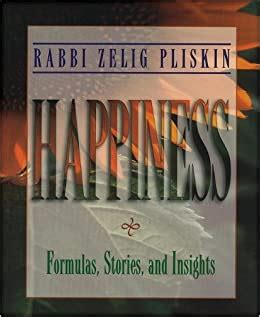A Quote by Brene Brown
If we share our shame story with the wrong person, they can easily become one more piece of flying debris in an already dangerous storm.(page 10)
Related Quotes
The difference between guilt and shame is very clear--in theory. We feel guilty for what we do. We feel shame for what we are. A person feels guilt because he did something wrong. A person feels shame because he is something wrong. We may feel guilty because we lied to our mother. We may feel shame because we are not the person our mother wanted us to be.
Loneliness is the inability to share your story, your Unique Self story. For most people, the move beyond loneliness requires us to share our story with a significant other. For the spiritual elite, the receiving of our own story - and the knowing that it is an integral part of the larger story of All-That-Is - is enough. But for most human beings, loneliness is transcended through contact with another person.
Feelings and stories of unworthiness and shame are perhaps the most binding element in the trance of fear. When we believe something is wrong with us, we are convinced we are in danger. Our shame fuels ongoing fear, and our fear fuels more shame. The very fact that we feel fear seems to prove that we are broken or incapable. When we are trapped in trance, being fearful and bad seem to define who we are. The anxiety in our body, the stories, the ways we make excuses, withdraw or lash out—these become to us the self that is most real.
When did "sentimental" become a pejorative barb? I do not at all share the notion that a piece of music, or a poem, or a film that bypasses the brain and aims straight for the heart . . . should automatically be heaped with scorn. I think it is symptomatic of a sad and dangerous impoverishment of spirit.
And nothing inspires as much shame as being a parent. Children confront us with our paradoxes and hypocrisies, and we are exposed. You need to find an answer for every why — Why do we do this? Why don’t we do that? — and often there isn’t a good one. So you say, simply, because. Or you tell a story that you know isn’t true. And whether or not your face reddens, you blush. The shame of parenthood — which is a good shame — is that we want our children to be more whole than we are, to have satisfactory answers.
A life without a lonely place, that is, a life without a quiet center, easily becomes destructive. When we cling to the results of our actions as our only way of self-identifiction, then we become possessive and defensive and tend to look at our fellow human beings more as enemies to be kept at a distance than as friends with whom we share the gifts of life.































